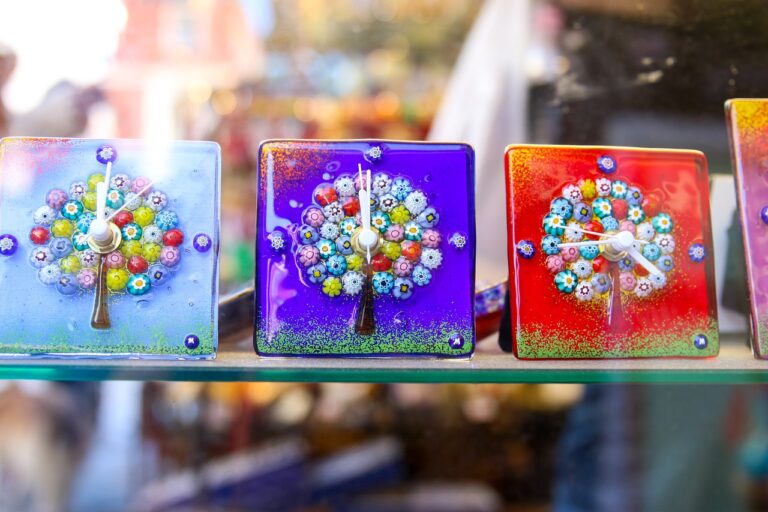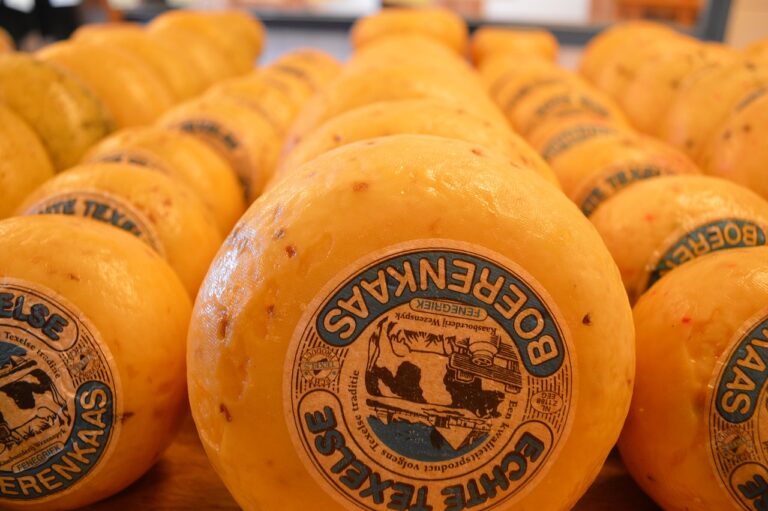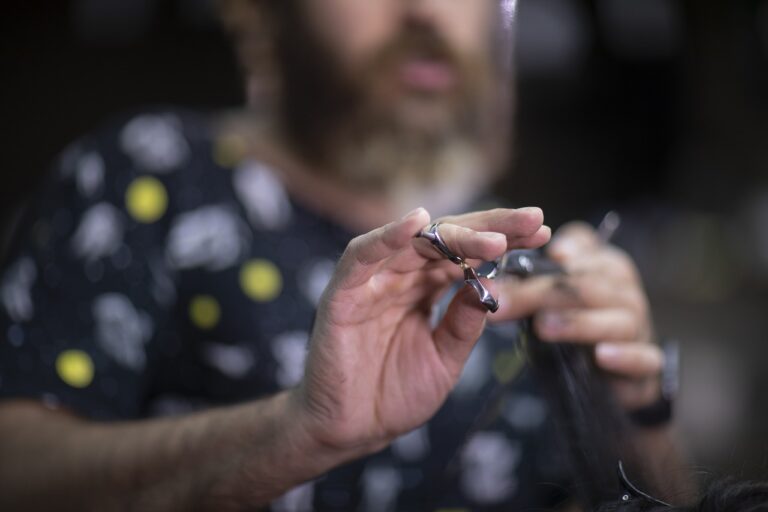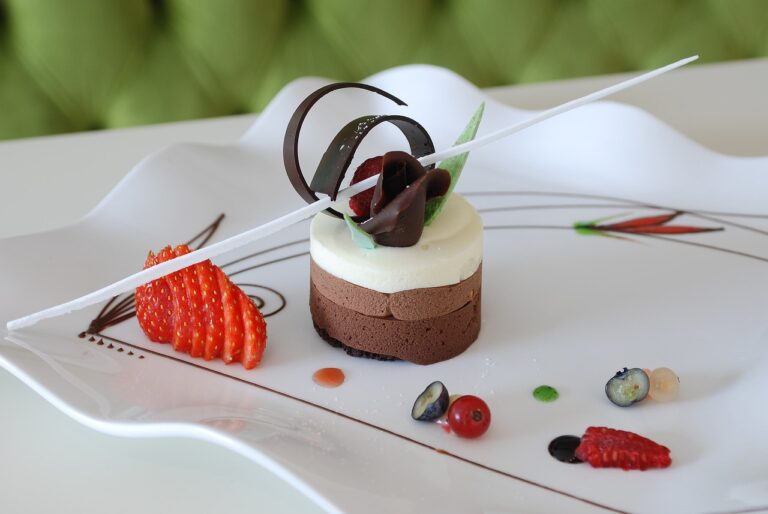Luxury Retail in the Digital Age: Balancing Tradition and Innovation
The luxury retail industry, renowned for its high-end products and exclusive customer experience, continues to thrive in the global market. Defined by opulence and sophistication, luxury brands cater to a discerning clientele seeking top-quality goods that transcend mere functionality. From fashion and jewelry to cosmetics and automobiles, luxury retailers epitomize elegance and luxury in every aspect of their offerings.
With a focus on quality over quantity, luxury brands uphold stringent standards to maintain their prestigious status in the industry. Customers are not just buying a product; they are investing in a lifestyle and a symbol of status. This emphasis on craftsmanship and attention to detail sets luxury retailers apart from their mainstream counterparts and fosters a sense of exclusivity that resonates with their affluent clientele.
Historical Evolution of Luxury Retail
Luxury retail has a rich history that dates back centuries. In ancient civilizations, such as the Roman Empire and ancient China, luxury goods were coveted symbols of status and wealth. Craftsmanship and exclusivity were highly valued, setting the foundation for what we now recognize as the luxury retail industry.
Throughout the Middle Ages and into the Renaissance period, luxury goods continued to play a significant role in society. The rise of powerful monarchies in Europe led to the creation of royal craftsmen and guilds dedicated to producing exquisite items for the elite. Luxury retail began to take on a more organized form, with dedicated shops and markets emerging in major cities across the continent.
Impact of Digitalization on Luxury Retail
Digitalization has revolutionized the luxury retail industry in numerous ways, from enhancing the shopping experience to transforming marketing strategies. Online platforms and e-commerce have created new avenues for luxury brands to reach a global audience and engage with consumers in innovative ways. Through targeted advertising and personalized recommendations, digitalization has allowed luxury retailers to tailor their marketing efforts to individual preferences, resulting in more effective and impactful campaigns.
Moreover, digitalization has facilitated seamless transactions and improved customer service, offering convenience and flexibility to luxury shoppers. With the rise of mobile shopping apps and virtual shopping experiences, consumers can now browse and purchase luxury goods at their fingertips, regardless of time and location. This accessibility has not only streamlined the buying process but has also fostered stronger relationships between luxury brands and their clientele, ultimately driving loyalty and brand advocacy in the digital age.





